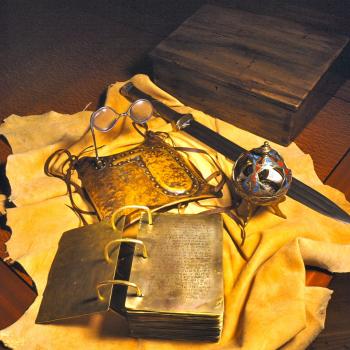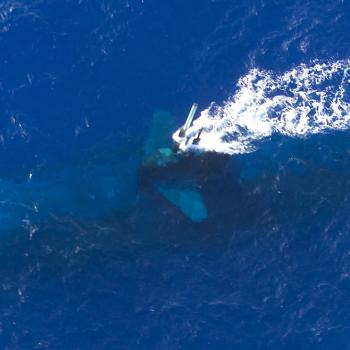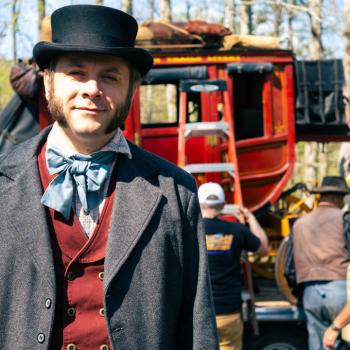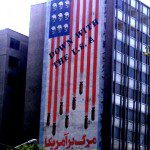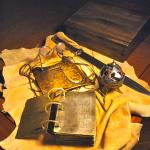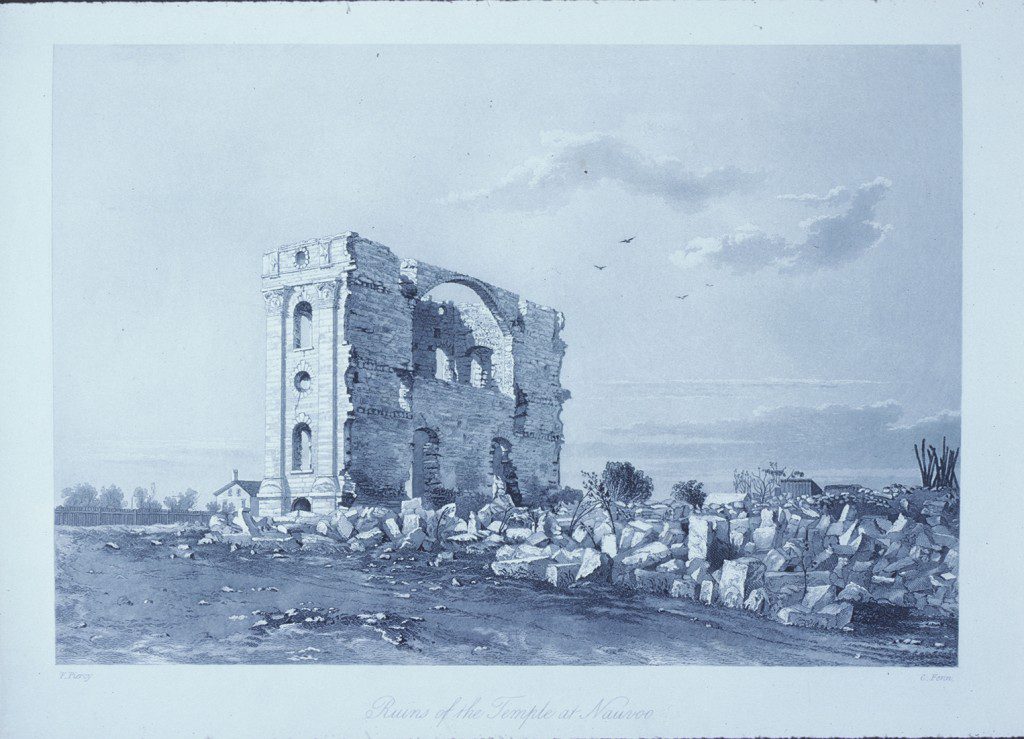
(Wikimedia Commons public domain)
Further notes on the evident sincerity of Joseph Smith:
“The Prophet did not really desire longer to live,” concluded [Benjamin F.] Johnson.[1] Mary Elizabeth Rollins Lightner recalled the Prophet saying, near the end of his life,
I am tired, I have been mobbed, I have suffered so much. . . I have asked the Lord to take me out of this world. I have stood all I can. I have to seal my testimony to this generation with my blood. I have to do it, for this work will never progress until I am gone, for the testimony is of no force until the testator is dead. People little know who I am when they talk about me, and they never will know until they see me weighed in the balance in the kingdom of God. Then they will know who I am, and see me as I am. I dare not tell them, and they do not know me.
“These words,” she commented, “were spoken with such power that they penetrated the heart of every soul that believed on him.”[2] Nonetheless, when, in late June of 1844, Governor Thomas Ford demanded that Joseph come to Carthage, Illinois, a hotbed of hostility both to Mormonism and to Joseph personally, in order to answer serious charges that had been leveled against him by his enemies, Joseph first decided to flee across the Mississippi and then, if possible, to make a personal appeal to U.S. President John Tyler. But many, perhaps even his wife, accused him of cowardice. “That charge,” writes his non-Mormon biographer Robert Remini,
struck home. A good shepherd does not desert. He defends his flock, even if it costs him his life.
Joseph turned to Hyrum. “Brother Hyrum,” he said, “you are the oldest, what shall we do?”
“Let us go back and give ourselves up,” came the reply.
“We shall be butchered,” Joseph protested.
“The Lord is in it. If we live or die, we shall be reconciled to our fate.”
Clearly Joseph showed . . . a side of human weakness in running away from danger. He rightly feared for his life, and he did not wish to die. He had to be reminded of his station and calling. He had to be reminded to place his trust in the Lord. . . .
Since he believed—he always believed—that he had been chosen by God to restore the true Church, he must have known that, like Christ, he might be expected to sacrifice his life in order to validate his mission. When the moment came for a final decision, he willingly consented to it.[3]
In April 1843, Joseph told an audience in Nauvoo, “If I had not actually got into this work and been called of God, I would back out. But I cannot back out: I have no doubt of the truth.”[4]
[1] Zimmerman, I Knew the Prophets, 32.
[2] $See the account of Mary Elizabeth Rollins Lightner, in Andrus and Andrus, They Knew the Prophet, 29 – 30.
[3] Remini, Joseph Smith, 169.
[4] HC 5:336.
***
She knew Joseph Smith quite well, all of his life:
“How Can We Be Strengthened by Lucy Mack Smith’s Testimony of the Book of Mormon?”
***
An exciting and unique new effort from the Church of Jesus Christ of Latter-day Saints — which, we’re reliably informed by some of those who hate it, never does anything to benefit anybody and only thinks of profits — to help people around the world obtain better education and training and, thus, better lives for themselves and their families:
And I might add, by the way, that Clark Gilbert is remarkable. I’ve had some slight experience with him, and am very impressed.
***
I’m passing on an appeal from Robert Boylan, the extraordinarily prolific and bright LDS blogger based near Dublin, Ireland:
“For those who wish to support this blog”
***
Some of you may find this item, from Jeff Lindsay, of interest:
“Common Features in Written Languages and the Anthon Transcript”
Posted from Chicago, Illinois



